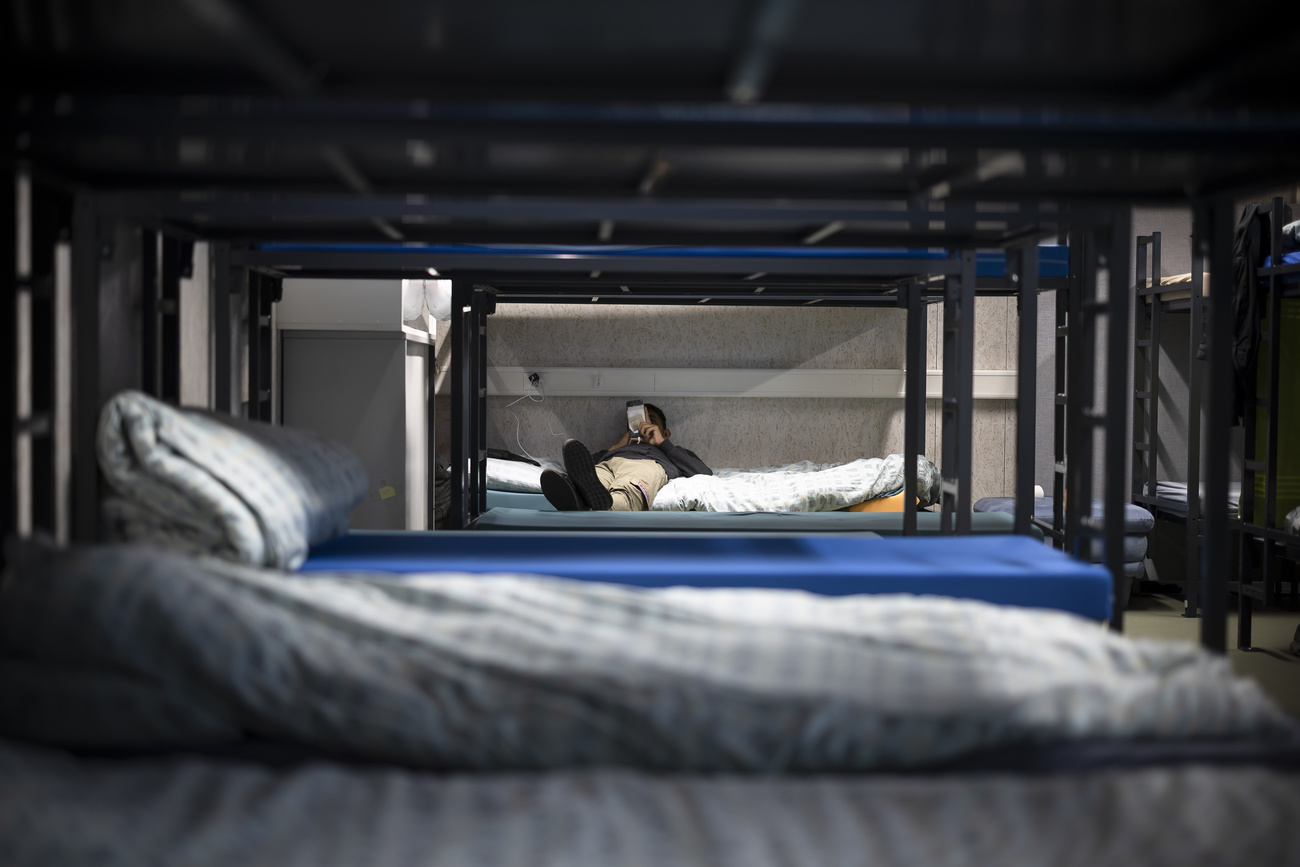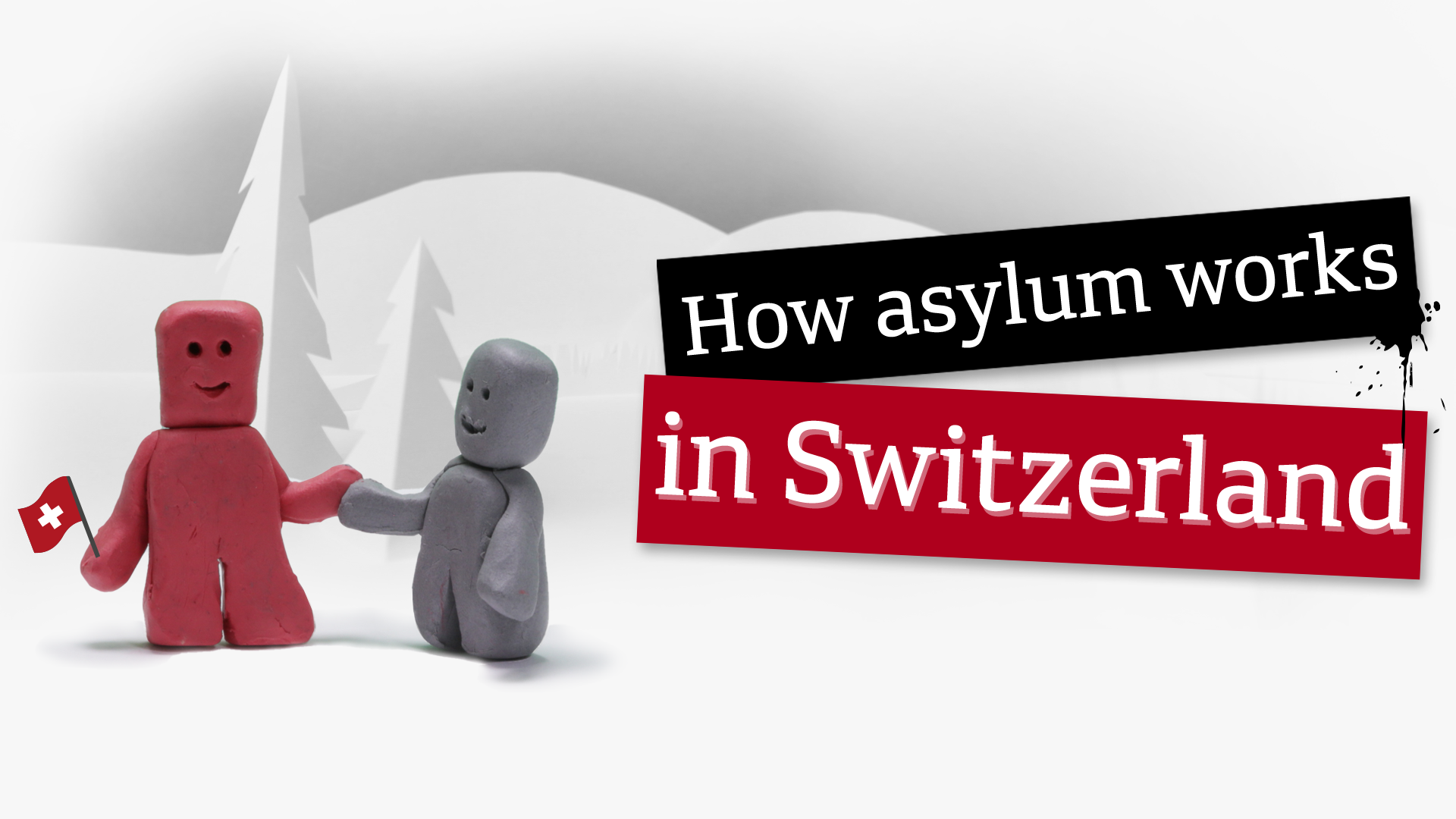
Cantons seek government support to cope with wave of refugees

The rising number of refugees has strained resources in some cantons. Some are now calling on the Swiss government to provide more accommodation.
On Friday, cantonal authorities met with the head of the State Secretariat of Migration (SEM), Christine Schraner Burgener, to exchange views on how to meet the demand for accommodation for refugees.
“The SEM recognises the current situation in individual cantons is tense,” an SEM spokesperson told SonntagsZeitung. According to the paper, Schraner Burgener suggested that the federal government is prepared to stop allocating refugees to certain cantons upon request.

More
How the Swiss asylum system works
Cantons Bern and Geneva have already been granted a temporary freeze on taking in more refugees. SEM indicated that two more cantons requested a freeze.
This means that refugees would stay in federal asylum centres instead of being allocated to those cantons. Almost two-thirds of the places in federal centres are occupied but SEM expects asylum applications to increase, which requires reserves. “We can’t just look for accommodation when people are at our front door,” SEM spokesperson Reto Kormann told the paper.
Last October, Swiss authorities called on cantons to house more refugees as federal centres reached a bursting point. The cantons were asked to temporarily take in up to 1,000 people per week, double the earlier limit of 500. In mid-December the federal centres were able to relieve the cantons to some extent thanks to additional places made available by the army.
As of mid-February, over 75,000 Ukrainians had been granted protection status S, which allows them to live and immediately work in the country.

In compliance with the JTI standards
More: SWI swissinfo.ch certified by the Journalism Trust Initiative































You can find an overview of ongoing debates with our journalists here . Please join us!
If you want to start a conversation about a topic raised in this article or want to report factual errors, email us at english@swissinfo.ch.